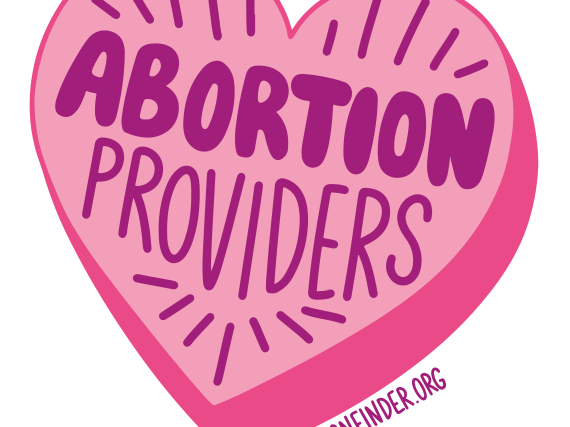February 2020: Power Updates Edition
There are plenty of articles, publications, and stories published every month. In an effort to help you distinguish fact from fiction, save time in your already busy day, and share news you may not have otherwise seen, here are five stories from the last month we thought you might find interesting:
Birth Control
Though previous research has established that mothers influence their daughters’ attitude towards and decisions around birth control, reasons for this influence are less understood. This study examined prescription history and conducted in-depth interviews with mothers and found that a mother’s use of birth control pills, the birth control shot, or a long-acting reversable contraceptives (LARCs) led to a higher likelihood that their daughters would use such a method as well.
This study examined whether there is a difference in condom use as a method of dual protection between LARC users and short-acting reversable contraception users. Findings suggest there are significant differences and that relationship factors and risk of sexually transmitted infections played more of an influencing role in the decision.
Universal Access to Contraception: Women, Families, and Communities Benefit
This Call to Action statement, published in the American Journal of Obstetrics and Gynecology in February 2020, describe attempts by the Trump administration to reduce access to contraception through challenges to the Affordable Care Act and changes to Title X funding. The authors advocate for universal access to contraception for all individuals, covered by both public and private insurance. They examine many of the risks that can be associated with unwanted pregnancy, including short interpregnancy interval, prematurity, and obesity, and the long-term, public-health effects of these risks.
Abortion
The Economic Consequences of Being Denied an Abortion
Using a decade of previously collected financial data, this study assessed the economic consequences of being denied an abortion due to gestational age. It found that for those denied an abortion there is a “large and persistent increase in financial distress” that lasts for six years after the denial.
Pregnancy and Birth
This study compared Power to Decide’s One Key Question to the Desire to Avoid Pregnancy (DAP) scale to assess how the answers to each are related to patient-reported reproductive health behaviors. It found that while both effectively identify those who wish to avoid pregnancy, One Key Question offers providers more usable information to have further discussion with patients and fully understand their feelings.
Sexual and Reproductive Health
Young Women's Reproductive Health Conversations: Roles of Maternal Figures and Clinical Practices
This study found that both young people and health care providers benefit when parents leave the exam room to allow for candid, private conversation. Young people reported that being alone with a provider allowed them to feel more comfortable to ask questions and providers reported that being alone with a patient enhances confidentiality.



